Disease
-

A new in-service training series is set to begin this fall that will provide Extension agents in the southeast with the latest information on integrated pest management within various commodity areas. Trainings will be led by specialists from the University of Georgia with invited speakers from institutions within the Southern Region Small Fruit Consortium (SRSFC).…
-
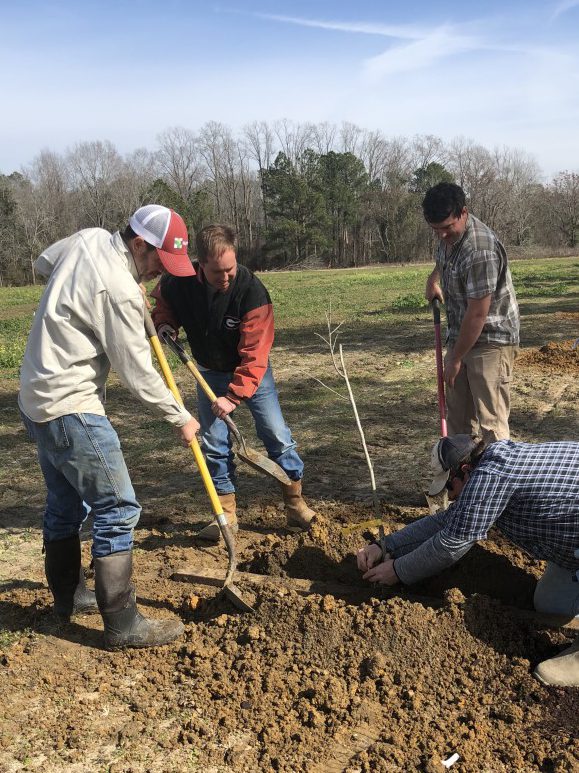
Written By: Emily Cabrera, IPM Communications CoordinatorExpert Source: Andrew Sawyer, Southeast District Area Pecan Agent After a year of thoughtful planning and collaboration, young pecan trees have finally been planted in what will serve as both long-term research plots and short-term demonstration plots at the University of Georgia Vidalia Onion and Vegetable Research Center in…
Posted in: Cultural control, Demonstration, Disease, Disease resistance, Irrigation, Pecan, Research, Variety Selection, Weeds -

Written by: Emran Ali, Phillip M. Brannen, and Tammy Stackhouse Fungicide resistance is a major problem for growers, as it can lead to loss of disease control, reduced yields, and unnecessary expense by applying products that no longer work. Fungal pathogens are managed with a limited number of fungicide classes. There is, therefore, a high…
-

Written By: Jonathan Oliver, Fruit Pathologist Organic food sales topped $50 billion in the United States in 2018. Statistics from the Organic Trade Association tell part of the story of this growing market: Fruits, vegetables and other specialty crops combined to make up 36.3% of total organic sales up 5.6% from the previous year. Naturally,…
-
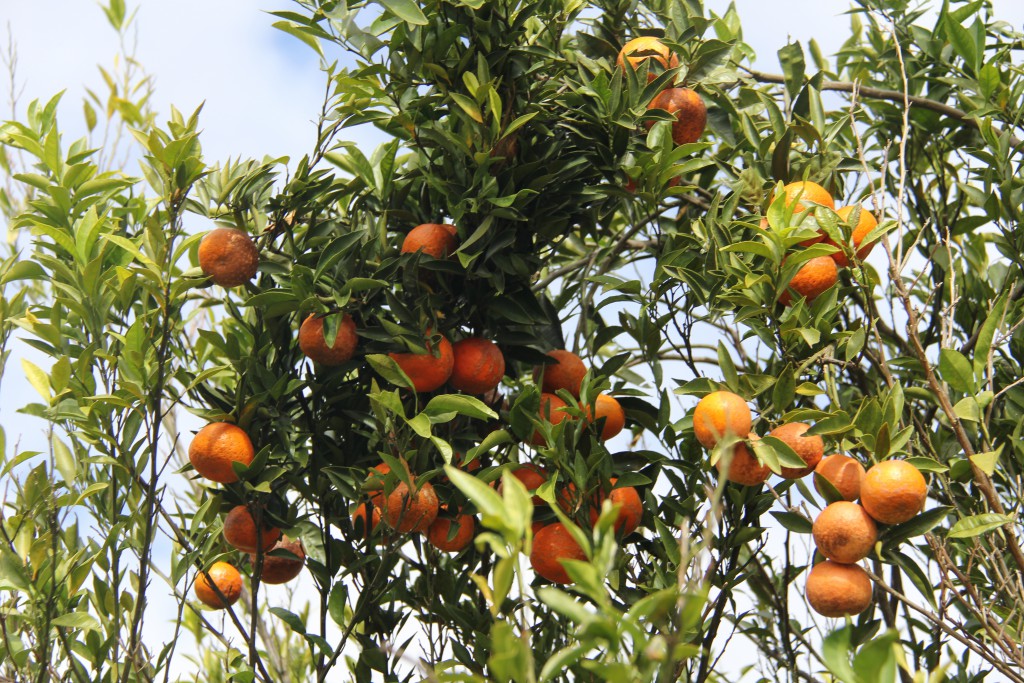
Authors: Emran Ali, Tammy Stackhouse, Sumyya Waliullah, Jean Williams-Woodward, Johnathan Oliver Published in Plant Disease International Journal Is one of the world’s smallest pathogens harming your citrus plants? Citrus production within the state of Georgia (USA) is rapidly increasing each year. There are citrus plantings in backyards, production, and plant nurseries within at least 32…
-
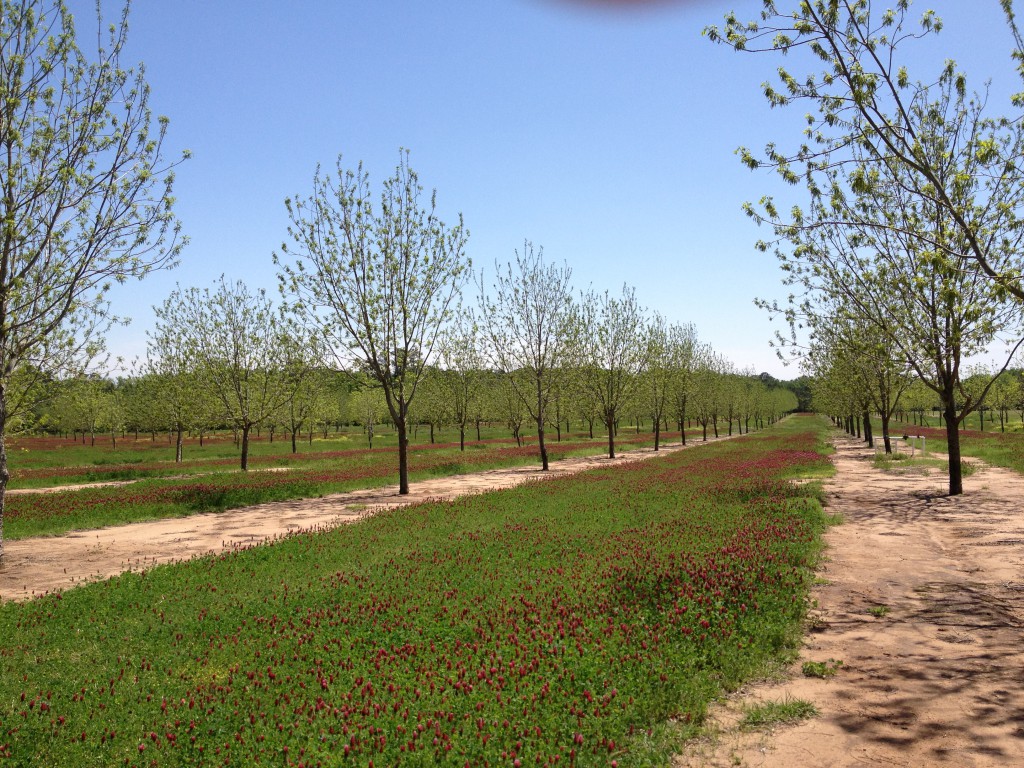
Written By: Emily Cabrera, UGA IPM Communications CoordinatorExpert Source: Andrew Sawyer, Southeast Georgia Area Pecan Agent This winter researchers will begin a series of trials to help identify better management practices for pecan growers in Georgia. New pecan trees will be planted at the University of Georgia Vidalia Onion and Vegetable Research Center in Toombs…
-
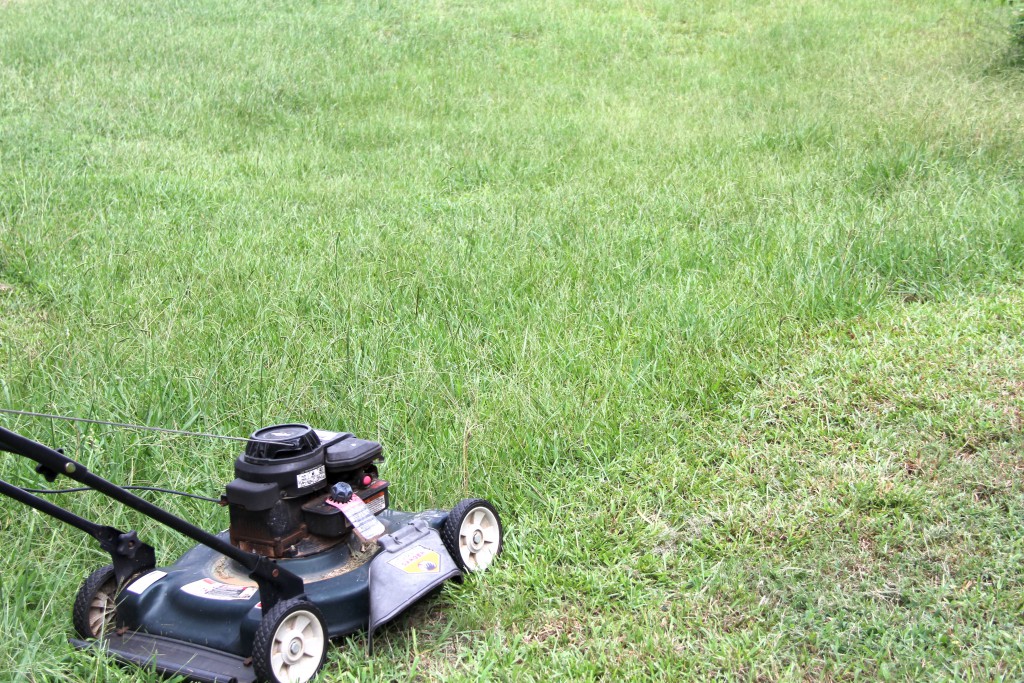
Written By: Emily Cabrera, UGA IPM Communications CoordinatorExpert Source: Clint Waltz, Extension Turfgrass Specialist With the heat of summer bearing down on us, University of Georgia Extension turfgrass specialists recommend homeowners ‘stick to the schedule’ for healthy lawn maintenance. College of Agricultural and Environmental Sciences Extension turfgrass specialist Clint Waltz says “Just stay on schedule,…
-

Written by: Emran Ali, Owen Hudson, Justin Hand, and Sumyya Waliullah Georgia ranks among the top three states in the nation in vegetable production. One of the most serious diseases in vegetable production in Georgia is Phytophthora blight, caused by the oomycete pathogen Phytophthora capsici. It is a water mold that attacks the roots, foliage,…
-
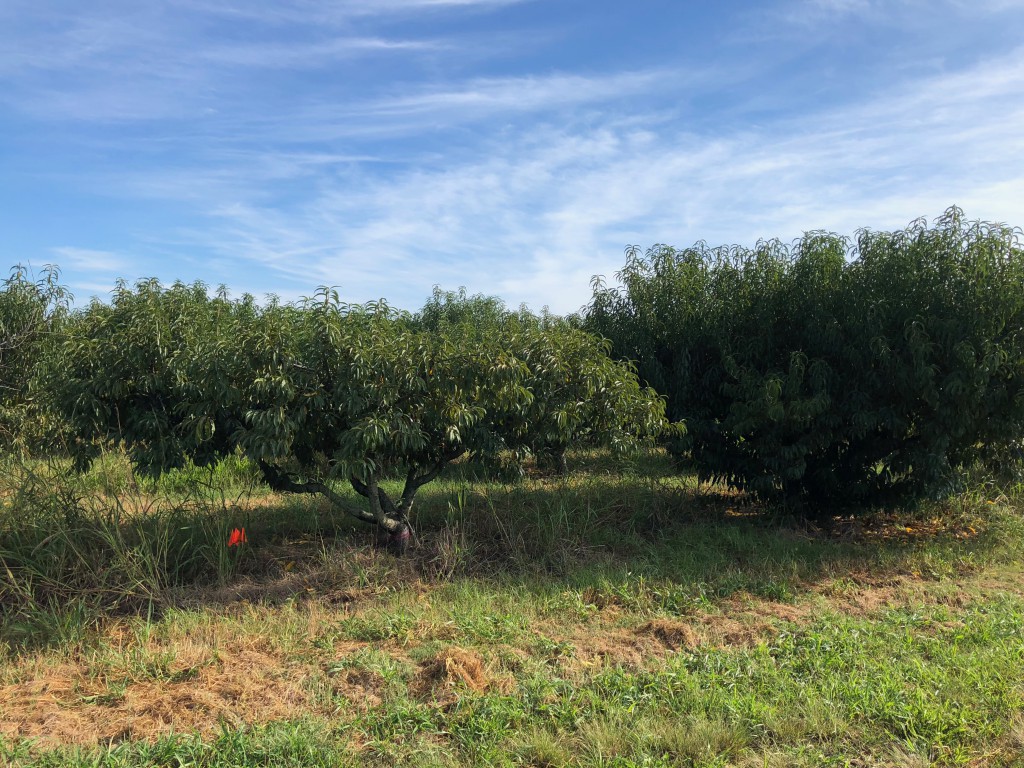
By Kendall Johnson and Phil Brannen Peaches are one of the most economically important fruit crops for the state of Georgia. Growers provide a large variety of high-quality fresh-market peaches for not only the Southeast, but for much of the U.S. Recently, growers have reported an increase in a disease called phony peach, and this…